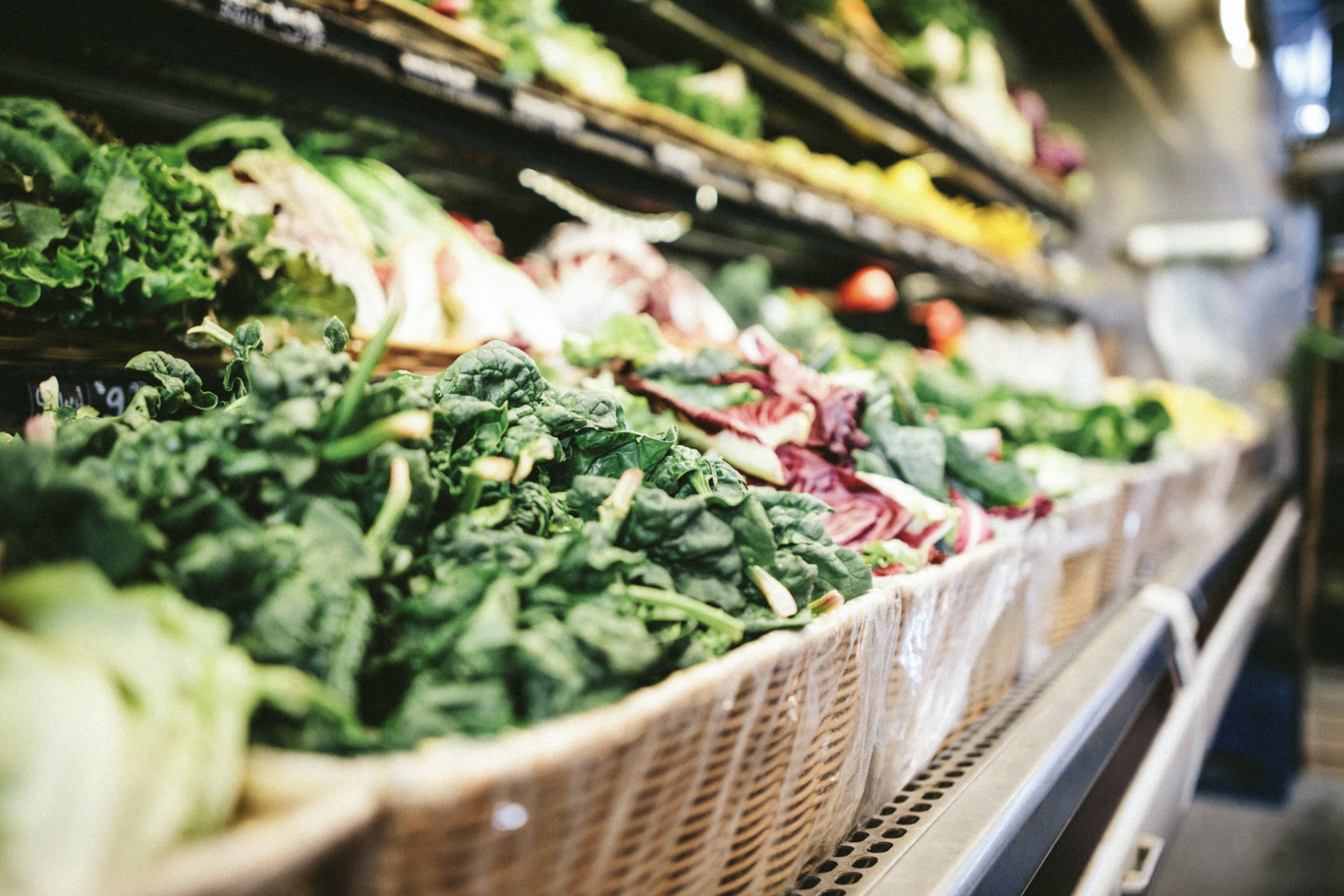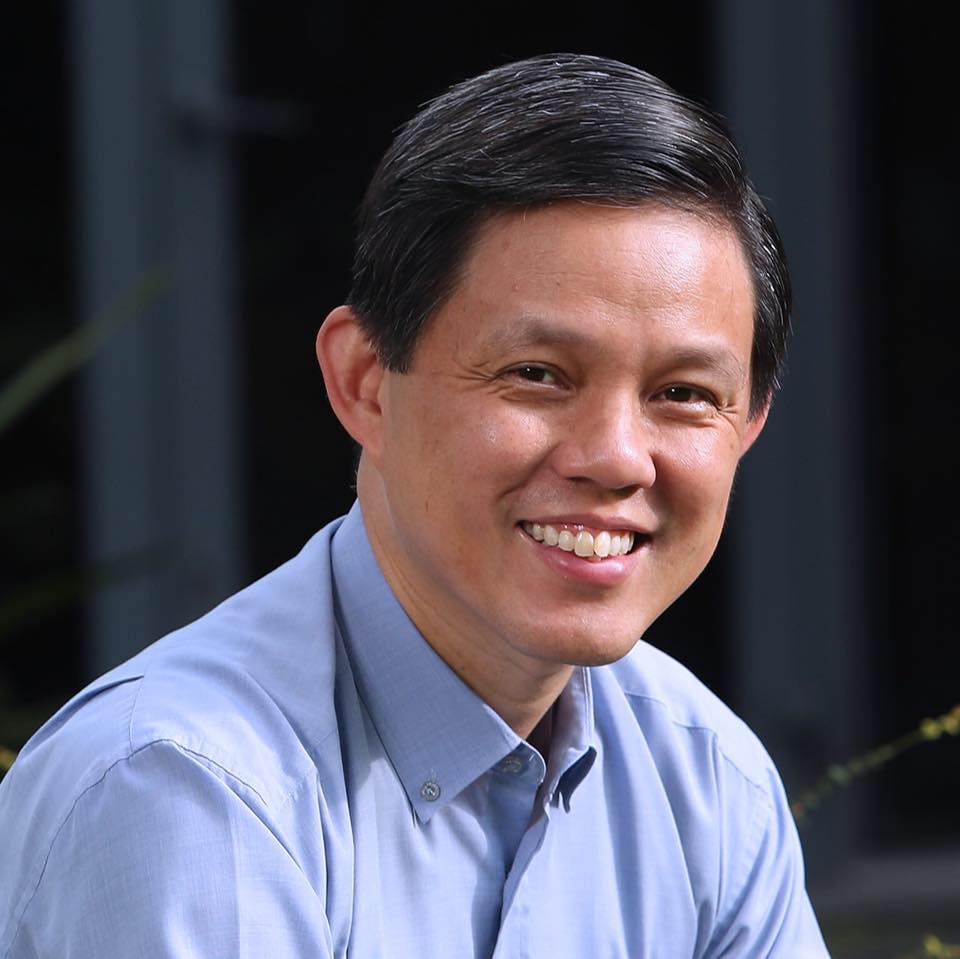Malaysia is implementing a partial lockdown from March 18 to March 31 nationwide to stem the rising number of COVID-19 infections.
All foreign tourists and visitors will not be allowed to enter the country, and Malaysians will be barred from travelling abroad. For those who returning from overseas, they are required to undergo a health inspection and undergo self-quarantine for 14 days.
Announcing the news in a live telecast on Monday, March 16, Malaysian Prime Minister Muhyiddin Yassin said the order includes a ban on mass gatherings – including religious, sports, social and cultural events.
It will affect all houses of worship and businesses. Supermarkets, markets, mini markets and convenience stores can remain open, while Friday prayers are suspended for Muslims.
Singapore's Trade and Industry Minister Chan Chun Sing addressed Malaysia's tightened border controls shortly after the announcement. In a post on Facebook, he said, "Given the close proximity between Singapore and Malaysia, many Singaporeans may be concerned about what this will mean for them."
Assuring Singaporeans that the nation's supply chains remain resilient, Chan said over the last two months, the government has been actively working with essential firms such as NTUC Fairprice, Sheng Siong and Dairy Farm International to increase our stock of food and essential supplies.
"In addition to building up our inventory of food and essential supplies, we also have in place a robust multi-pronged strategy that will ensure we do not run out of the essentials we require." He shared that Singapore has local production capabilities for products such as noodles, infant milk powder and canned goods, among others. In the event that an increased supply is needed for domestic consumption, "we can ramp up quickly and easily to do so."
Singapore is also able to import "a good amount of vegetables from China and even go as far as Australia and Spain to secure our supply of eggs".
Chan emphasised that while there are no shortages, members of the public have to continue to purchase in a responsible manner.
"Otherwise, no amount of stockpiling will be sufficient."




